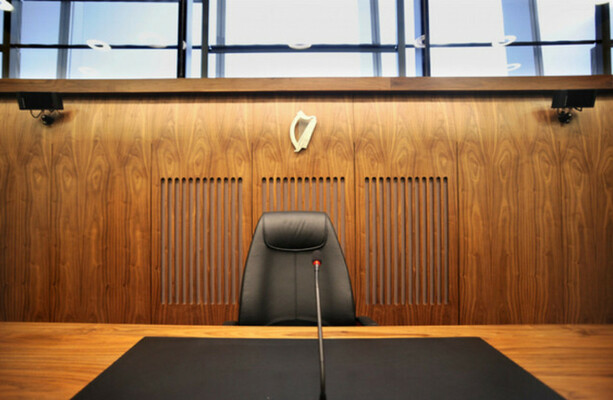Prabowo’s Move: A New Chapter for Democracy in Indonesia?
Recent developments surrounding former Indonesian minister Prabowo Subianto may signal a pivotal moment for democracy in Indonesia. With increasing scrutiny over his political actions, stakeholders within Indonesia are keenly observing whether Prabowo’s recent legal disputes reflect a genuine commitment to democratic principles. As discussions around governance and civil liberties intensify, this case could reshape perceptions of leadership accountability in the region.
Understanding the Context
Prabowo Subianto, a prominent figure in Indonesian politics, has long been a polarizing character. Known for his military background and controversial governance style, he served as the Minister of Defense under President Joko Widodo from 2019, gaining prominence in the national security discourse. However, questions surrounding his commitment to democracy and human rights have persisted, particularly in light of his historical ties to authoritarian practices.
In this current instance, Prabowo is embroiled in a legal case focused on alleged misconduct during his term in office. The specifics of the allegations remain under investigation, but they raise fundamental questions regarding transparency and governance in Indonesia’s political landscape.
Key Implications for Governance
The implications of this case are extensive. It serves as a litmus test for Prabowo’s leadership and may redefine the expectations of accountability in Indonesian politics. Political analyst Dr. Anisa Rahmawati notes, “How Prabowo navigates this situation could potentially bolster or undermine public faith in the democratic process. If he embraces transparency and addresses these allegations openly, it could pave the way for a more accountable governance framework.”
This could be especially impactful given Indonesia’s current socio-political climate, where citizens are increasingly demanding ethical governance and the protection of human rights. These events transpire during a critical election year, where leaders are scrutinized on their past decisions and the respective impacts on society at large.
The Broader Impact on Technology and Society
Beyond the realm of politics, the ongoing case also intersects with themes of technology and governance. As government officials are held to higher standards of accountability, tech-enabled platforms that facilitate political discourse are becoming crucial. Social media, in particular, plays a pivotal role in shaping public opinion, enabling civic engagement, and promoting transparency.
Tech platforms can amplify voices advocating for accountability while educating the public about their rights and the importance of democratic principles. This growing relationship between technology and governance underscores the importance of responsible political discourse in ensuring that democracy functions effectively.
Experts Weigh In
In light of the situation, experts are voicing their perspectives on the expected outcomes. Political strategist Haris Setiawan highlights, “The impact on Prabowo’s image could create ripples throughout the political field. Candidates who wish to secure public trust need to align with contemporary values of democracy and accountability.”
Additionally, some observers see this case as an opportunity for Indonesian civil society to engage more profoundly with political processes. “Civil societies can harness this momentum to push for substantive reforms in governance systems, ensuring leaders prioritize public welfare,” suggests Dr. Maya Iswara, a scholar in political science at the University of Indonesia.
Moving Forward: What Lies Ahead?
As Prabowo navigates the complexities of this legal battle, the outcomes could lead to meaningful reforms in Indonesia. Stakeholders from various sectors will likely continue to demand accountability and adherence to democratic norms from their leaders. Given the strong push for transparency within the region, this event could serve as both a risk and an opportunity for political reform.
Citizens are encouraged to stay engaged and informed. Monitoring developments in this case could provide insight into broader trends in governance that shape Indonesia’s political landscape for years to come.
Join the Conversation
As these developments unfold, we invite you to share your thoughts on Prabowo Subianto’s political journey. What do you perceive as the future of democracy in Indonesia? Are leaders effectively addressing the needs and rights of the populace? Your insights help enrich the dialogue around democracy and governance in the digital age.
For more specific updates and independent analyses on technology and governance, check recent articles on our website and explore additional resources from trusted sources such as TechCrunch, The Verge, or Wired.
Stay informed and engaged as we move forward into a new chapter in Indonesian politics!

